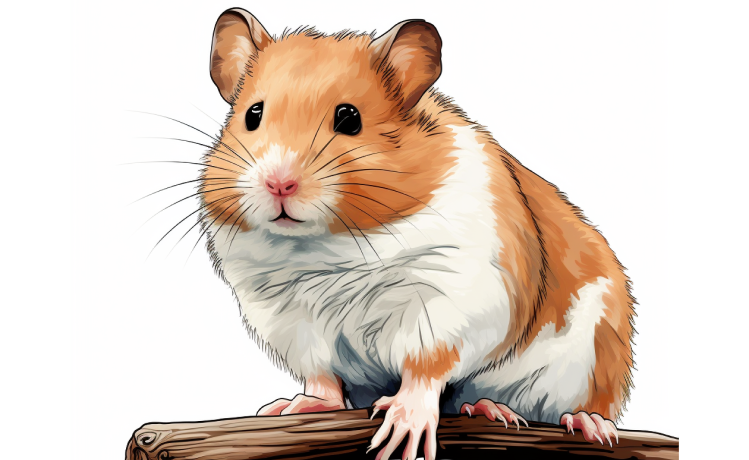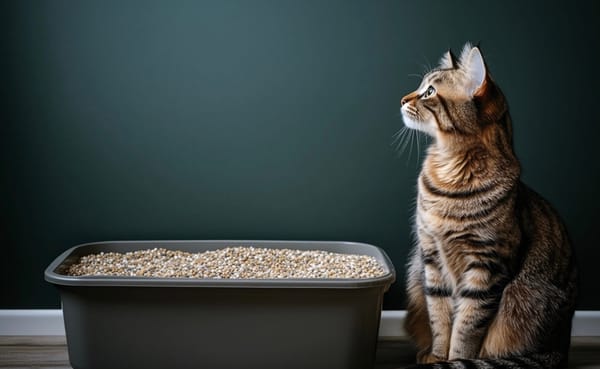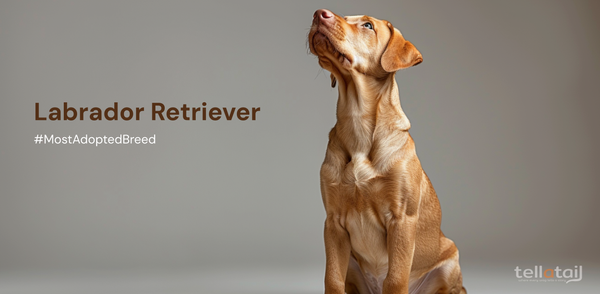Tiny Paws, Big Responsibilities: Mastering the Care of Small Pets

As a pet parent, there's nothing quite like the joy of having a small pet by your side. Whether it's a fluffy kitten, a playful hamster, or a loyal parakeet, these tiny companions bring endless laughter, love, and companionship into our lives. But with great power comes great responsibility – and that's especially true when it comes to caring for small pets.
In this article, we'll dive deep into the world of small pet care, covering everything from feeding and grooming to health concerns and training. We'll explore the unique challenges and joys of owning a tiny furry friend, and offer tips and advice for mastering the art of responsible ownership. So grab a treat, sit back, and let's get started!
The Do's: Foundations of Small Pet Care
Caring for small pets is an exercise in attentiveness and understanding, a commitment to nurturing their unique needs.
- Do Provide a Suitable Habitat: Their home should be a sanctuary, spacious enough for exercise and exploration, with areas to hide, sleep, and play. For each species, the habitat requirements can vary significantly.
- Do Maintain a Balanced Diet: Nutrition is a cornerstone of health. While the specifics vary by species, a blend of pellets, fresh vegetables, and occasional treats is often a good starting point.
- Do Regular Health Checks: Small pets can be adept at hiding illnesses. Regular, gentle checks can help catch any health issues early.
The Don'ts: Avoiding Common Pitfalls
Equally important in small pet care is knowing what to avoid, the pitfalls that can compromise their health and happiness.
- Don't Neglect Social Interaction: Despite their size, many small pets are social creatures. Regular, gentle interaction is key to their emotional well-being.
- Don't Overlook Dental Health: Many small pets have teeth that grow continuously. Providing appropriate chew toys and monitoring dental health is crucial.
- Don't Ignore Their Environment: The placement of their habitat in your home matters. It should be in a quiet area, away from direct sunlight and drafts.
The Do's: Deepening the Bond
Beyond the basics, small pet care is about fostering a bond, understanding the unique ways these animals communicate and express affection.
- Do Invest Time in Gentle Handling: Building trust through gentle, consistent handling can deepen your bond with your small pet.
- Do Pay Attention to Their Behaviors: Each small pet has its own way of communicating. Observing their behaviors and responses can provide insights into their needs and moods.
- Do Create an Enriching Environment: Mental stimulation is vital. Toys, tunnels, and opportunities for exploration can keep them engaged and happy.
The Don'ts: Health and Safety
In the realm of health and safety, certain practices should be avoided to ensure the well-being of your small pet.
- Don't Expose Them to Extreme Temperatures: Small pets are sensitive to temperature changes. Their environment should be kept at a consistent, comfortable temperature.
- Don't Ignore the Need for Veterinary Care: Regular check-ups with a vet experienced in small pet care are essential for maintaining their health.
- Don't Use Harmful Substances: Be cautious about the use of cleaning agents or insecticides near your pet's habitat. Even small amounts of certain chemicals can be harmful to them.
Conclusion - The art of small pet care
Owning a small pet can be a wonderful experience, but it requires careful consideration and responsible ownership. By providing proper nutrition, grooming, and healthcare, you can ensure that your small pet leads a happy and healthy life. Remember to always consult with a veterinarian to determine the best care for your pet, and never hesitate to seek professional help if you notice any signs of illness or injury. With the right care and attention, your small pet can thrive and become a beloved member of your family.
Moreover, owning a small pet can also have positive effects on human health and wellbeing. Studies have shown that interacting with animals can reduce stress levels, improve mood, and even lower blood pressure. Additionally, caring for a pet can teach children valuable lessons about empathy, responsibility, and compassion.
However, it's important to remember that owning a small pet is a big responsibility, and it's not something that should be taken lightly. Before bringing a small pet into your home, make sure you're prepared to provide the necessary care and attention. Research the specific needs of the animal you're interested in, and make sure you have the time, resources, and space to properly care for it.
In summary, owning a small pet can be a rewarding and enriching experience, but it requires careful consideration and responsible ownership. By providing proper care and attention, you can ensure that your small pet leads a happy and healthy life, and that you and your family can enjoy the many benefits of pet ownership.




